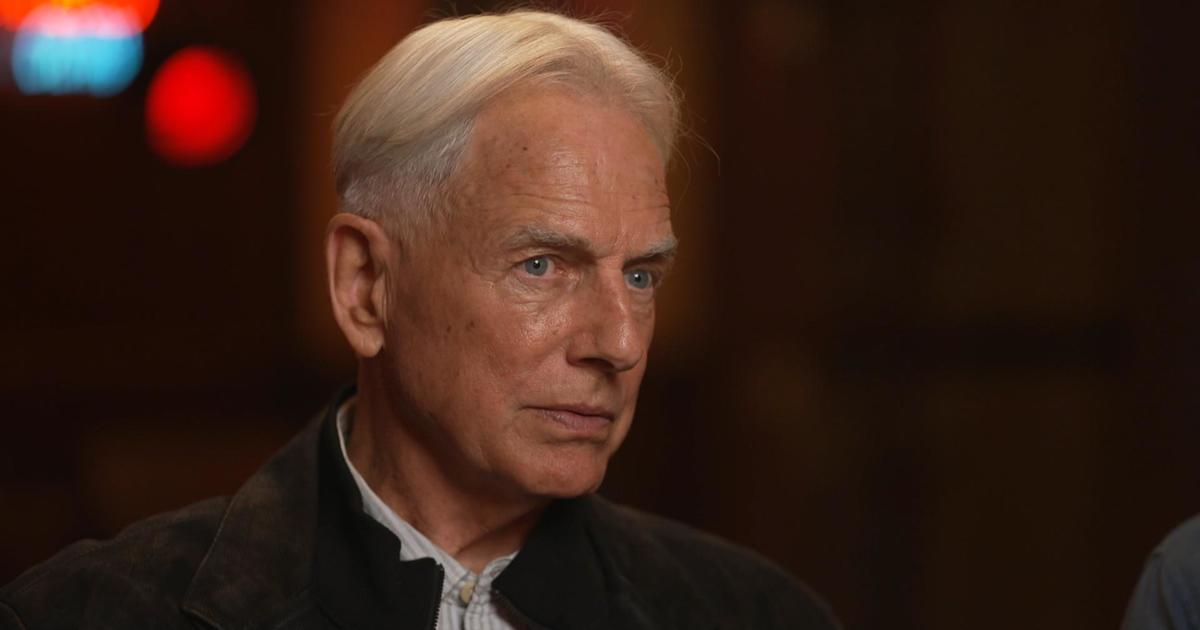Mark Harmon, the legendary actor behind the iconic character Leroy Jethro Gibbs in the long-running CBS drama “NCIS,” embarks on a new chapter, stepping behind the camera as executive producer and narrator for the upcoming prequel spin-off, “NCIS: Origins.” This transition marks a significant shift for Harmon, who, after nearly two decades embodying Gibbs, now helps shape the portrayal of the character’s formative years. The prequel promises a captivating exploration of Gibbs’ early career, providing a fresh perspective on a character already deeply ingrained in popular culture. Austin Stowell takes on the challenge of playing a young Gibbs, stepping into shoes that have become synonymous with Harmon himself, making this a pivotal project for both seasoned veterans and burgeoning stars alike. This shift opens up a narrative realm unseen before, giving long time fans the background story behind one of the most beloved television characters.
A New Generation Takes on Gibbs
Casting and the Weight of Legacy
Casting young Gibbs presented a considerable challenge. Finding an actor capable of capturing the essence of the character established by Harmon over years was a monumental task. The decision to cast Austin Stowell speaks to the confidence the production team had in his ability to embody the younger, more volatile version of Gibbs. While Stowell acknowledges the pressure associated with portraying such an iconic figure, his commitment and preparation is evident. His understanding of the role extends beyond merely imitating Harmon’s portrayal. He aims to capture the character’s underlying complexities and vulnerabilities, presenting a nuanced performance that will resonate with both longtime “NCIS” fans and new viewers alike. This fresh perspective on a well-loved character ensures a compelling story, ready to appeal to a large audience. This careful balance between respecting the original and creating a new, standalone character is key to success.
Exploring Gibbs’ Past
“NCIS: Origins” is set in 1991, a time significantly predating the events of the original series. This prequel delves into Gibbs’ early experiences as a rookie agent, giving insights into the formative experiences that shaped his later personality and methods. The show will depict a Gibbs very different from the one known to seasoned viewers – younger, more impulsive, and certainly carrying a heavier emotional burden. We are privy to pivotal moments of his career, gaining insights into his growth and skill development within the framework of the world he is part of. These explorations extend to locations such as Camp Pendleton, bringing a heightened sense of authenticity to the setting, reflecting his environment and its impact on him as a man and as a Navy investigator.
Harmon’s Role Behind the Camera
Executive Producer and Mentor
Harmon’s involvement as executive producer demonstrates his dedication to ensuring the prequel accurately captures the spirit of Gibbs. While stepping back from the leading role, he retains a strong creative hand in shaping the direction of the story. The focus on his contributions is not merely in the title or recognition, he directly interacts with the actors, and production team to ensure continuity and quality. His expertise and understanding of the character add value far beyond a credit roll at the end. This level of oversight is paramount, offering a reliable link between the legacy of the original and the creation of the prequel’s story. He provides expertise through his intimate knowledge of the character.
Guiding the New Generation
Beyond his executive producing duties, Harmon serves as a mentor to the new cast, particularly Stowell. His willingness to share his experience and offer guidance fosters a collaborative environment on set, creating a space for the actors to confidently navigate their roles. Instead of clinging to the role, his leadership is demonstrated in his willingness to help develop this next generation of talent and provide direction as needed. He facilitates an environment where collaboration and the development of new artistic ideas and visions are allowed to grow and flourishes. His hands on approach ensures the continuation of character in the style and spirit of its beginnings, providing familiarity while allowing the show to build on its foundations.
Exploring the Emotional Depth of Gibbs
Grief and Trauma
“NCIS: Origins” offers a more intimate portrayal of Gibbs, exploring his personal struggles. A pivotal aspect of the prequel’s narrative focuses on the profound grief he endures following the loss of his wife and child. The series reveals the emotional scars that shape his character, adding layers of complexity that the original series subtly hints at. This allows the viewer access into Gibbs personal story and see his motivation in his professional work. Through examining a period in which the events have dramatically shaped his current behaviour, the show enhances the depth of the overall narrative and its depth allows for better audience connection.
Stowell’s Personal Connection
Stowell brings a deeply personal perspective to portraying Gibbs’ trauma, having experienced significant loss in his own life. His father’s death by suicide profoundly shaped his understanding of grief. This adds immense authenticity to his performance, ensuring he communicates Gibbs emotional state with both relatability and sensitivity. His life experience provides him a level of understanding that makes the acting incredibly convincing to the viewers and heightens their perception of the overall character development and character progression within the prequel narrative. Stowell’s work demonstrates great sensitivity towards the theme of his family grief, adding additional layers of humanity.
Takeaway Points
- “NCIS: Origins” presents a new chapter in the Gibbs saga, offering fresh insight into the beloved character’s background.
- Austin Stowell’s portrayal of young Gibbs is sensitive and nuanced, adding new emotional depth to the well-known character.
- Mark Harmon’s contributions as executive producer and mentor guarantee a faithful continuation of the “NCIS” legacy.
- The exploration of Gibbs’ grief and trauma provides a more complex and emotionally resonant portrayal of the character than previously seen.




